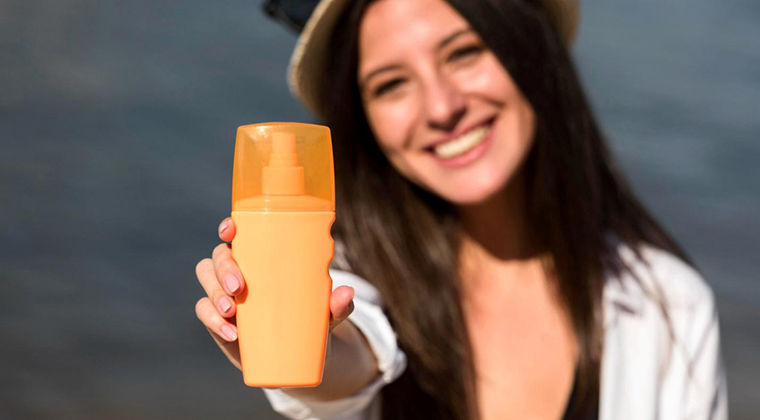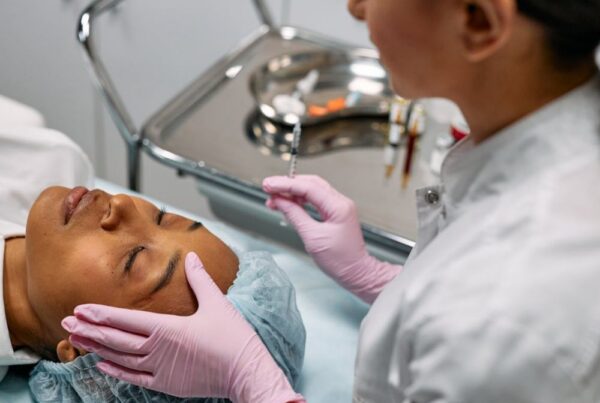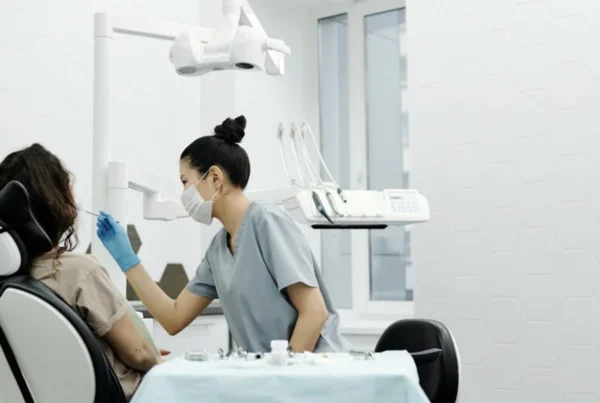If you are wondering why sun damage has recently become a common topic many news networks, maybe you should check out these statistics. In a report by the World Health Organization (WHO), in 2020, 1.5 million cases of skin cancer were diagnosed, and around 120,000 people died due to skin cancer.
People with lupus, an autoimmune disease that causes inflammation and damage to various organs, are more affected by exposure to high-intensity sunlight than others. There is a notable connection between lupus and sun exposure, warranting some measures to reduce the risks.
The following are some of the ways excess sunlight affects lupus patients:
- Photosensitivity: Exposure to excess light triggers skin rashes, joint pain, and fatigue.
- Systemic Flares: They experience increased inflammation throughout the body.
- Organ Damage: Prolonged exposure causes inflammation in the kidneys, heart, and lungs.
- Sunburn and Cancer: People with lupus have higher risks of developing skin burns and cancer.
The risks noted can undermine the health outcomes of lupus patients negatively. Individuals with this condition must understand the best approaches to protect their skin from skin damage. These approaches include strategies that healthcare experts have tested.
Sun-Protection Wear: Wearing sun protection is one of the best approaches for lupus patients to prevent skin damage from ultraviolet rays. When outside during the day, ensure that you dress in long-sleeved dresses, pants, and wide-brimmed hats. This step prevents your skin from harmful rays, reducing the possibility of skin damage. So, dresses must not always be about fashion. They can also have health benefits.
Wear Sunscreen: The pharmacology innovation has come a long way, and now, lupus patients can prevent skin damage by simply applying sunrays to their skin when exposed to the sun. The main protective mechanisms related to sunscreen include chemical absorption and physical blocking. These actions help reduce the ability of ultraviolet rays to penetrate the skin layer, causing damage. When purchasing sunscreen, ensure the following:
- Sun Protection Factor: The measure of how well a sunscreen product protects against sun rays. A factor of 50 means the protection lasts 50 minutes before the skin reddens.
- Application and Efficiency: When purchasing sunscreen, it is essential to understand how to apply it correctly, guaranteeing you better protection.
Use Special UV-Blocker Appliances: Modern technology has developed specialized appliances that can help block UV rays. One of these technologies is UV-protective travel umbrellas. A notable feature of these appliances is that they are ideal for families with a history of melanoma or skin cancer. They are specialized in reducing skin damage because they incorporate the following features.
- High-Quality Protection: The umbrellas block 99% of UV rays, offering the best protection from skin damage.
- Superior Quality: They are developed from durable materials, making them more effective in protecting against UV rays.
- Safe and Functional: The umbrellas are safe to be used by individuals of all ages. They are also light and can be carried conveniently by users.
Regular Monitoring: Because of the sensitivity related to the lupus condition, patients need to monitor their skin regularly when exposed to sunlight. Some features that might develop include skin rashes, joint pains, and fatigue. Noting any changes and seeking medical help can help prevent further problems due to exposure to dangerous ultraviolet rays.
While having lupus is unfortunate, taking these steps is essential to reducing the possible risks that could develop. While the government figures out how to fix the ozone layer, if possible, use these approaches to reduce the risk of skin damage. Healthcare experts should also play critical roles in helping lupus patients understand the best methods to help them avoid skin damage-related complications.







